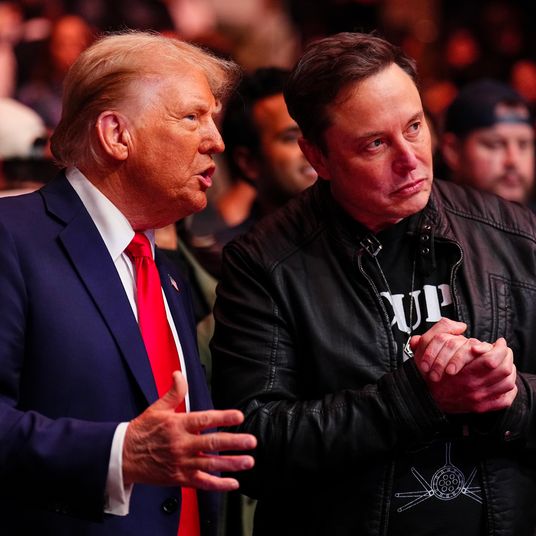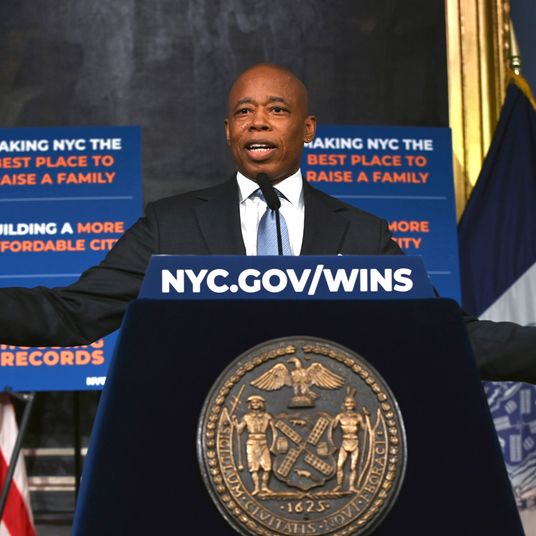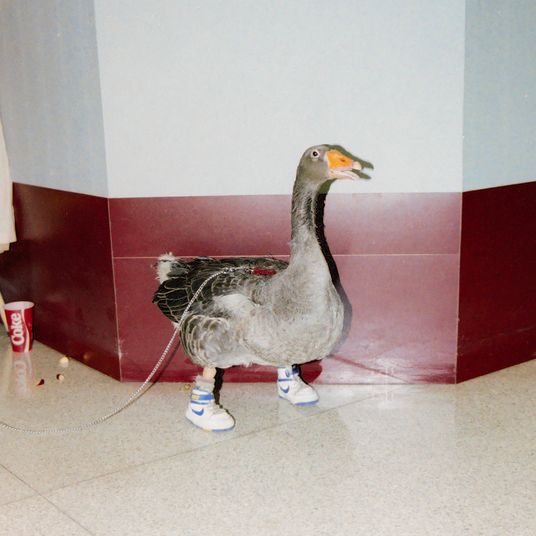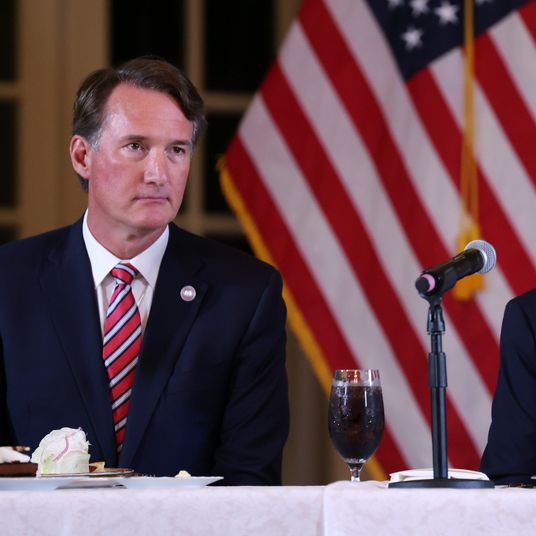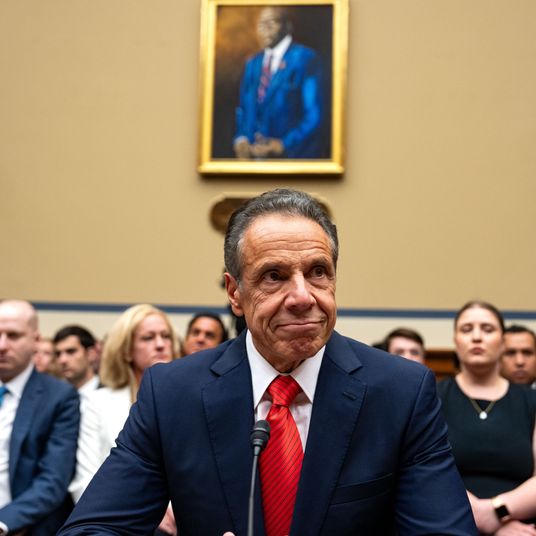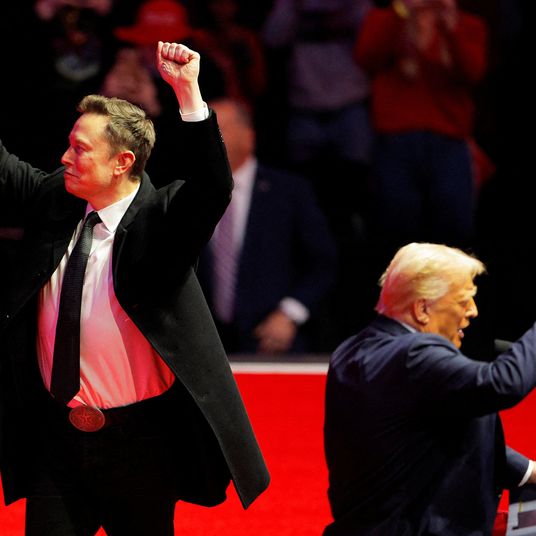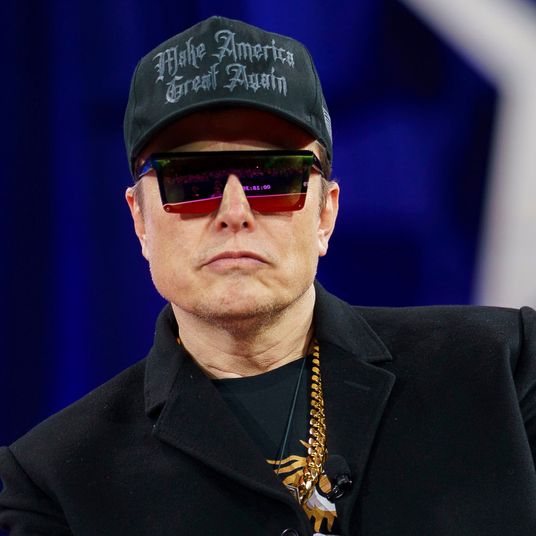
You’d think that GameStop would love its biggest fans. So-called apes — the adrenaline-fueled traders who have been rallying around their meme-stock trading leader, Keith Gill — have sent the middling video-game retailer’s shares up more than fourfold since May to a market value peaking around $14 billion on little more than vibes and a sense of What the hell, why not? Last night, Gill (who goes by Roaring Kitty or DeepFuckingValue, depending on which social-media platform you follow him on) was all set to become a billionaire, which would be an incredible run up from the $53,000 he originally invested back in 2019. Gill was going to hold a livestream on YouTube, effectively his first public comments in years, which caused the hype to bubble up even higher. But on Friday, GameStop pulled a surprise. They announced dismal earnings in an unscheduled securities filing, which allowed the company to sell 75 million additional shares — diluting the market and sending the share price down as much as 21 percent but giving the company hundreds of millions in extra cash. Unless you were this guy, a Reddit poster who happened to sell his stake last night, chances are you got hosed.
This keeps happening to the apes. Last month, just after Roaring Kitty reignited his meme-stock rally, AMC took advantage of the sudden doubling of its share price and sold $250 million worth of new shares. (AMC’s shares are down 20 percent since it hit its peak.) If you’re on the board of a company, of course you’re going to take advantage of a sudden and unexplainable rise in your share price. It is the definition of free money. This is especially true of GameStop. “The market price of our common stock has seen extreme price fluctuations that do not appear to be based on the underlying fundamentals of our business or results of operations” is how the company put it in its securities filings. The actual reality of the company — as opposed to the fantasy that is trotted out on ape forums — is that sales are down 29 percent and the future is looking worse.
The sad thing is that the apes seem genuinely oblivious to this. It’s all part of some plan against short sellers or something. The reality is this was no accident. GameStop originally planned on releasing its earnings on Tuesday but clearly took advantage of the hype. Many of the apes genuinely seem unable to fathom that they got played. This is what happens when you identify too strongly with a corporation. GameStop’s only obligation is to make money, and an apes is an easy target, like an employee who’s surprised to learn that his co-workers aren’t really like his family.
By the time Gill’s livestream started — 25 minutes late, with nearly half a million people waiting — GameStop was already down 20 percent from its high point of the day. Gill came on in costume, with a fake arm sling, bandages on his face and around his forehead. He pretended he died. Then, he proceeded to say — well, not much. After a half hour or so, the stock was down another 22 percent. “What can I say about GameStop?” Gill asked his followers. “The funny thing is, I have a lot of the same feelings about everything.”









